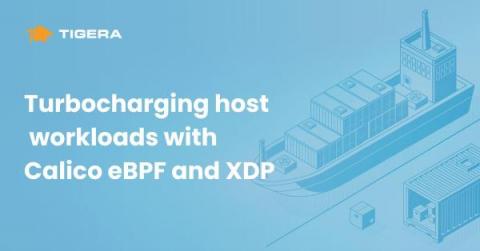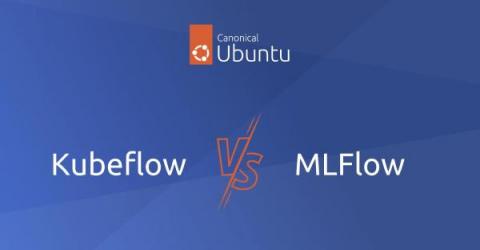Comparing Ubuntu vs macOS for enterprise developers
In the constantly evolving world of software development and IT management, choosing the right operating system for your enterprise developers is a strategic choice. Ubuntu vs macOS, which is right for you? Our latest whitepaper helps you answer this question and make an informed decision. This blog post provides a sneak peek into our findings covering both the developer landscape, and the key considerations for IT administrators. Considering macOS or Linux for your organisation?











